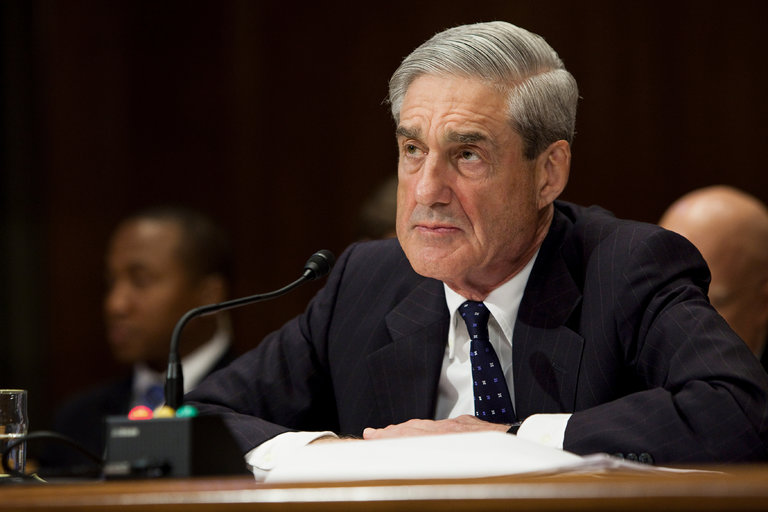Here are some hints about the mystery company in Robert Mueller’s Trump-Russia appeals court victory

For months, the mystery has grown surrounding a very high-priority, super-secret court battle between Special Counsel Robert Mueller and someone in the Trump-Russia scandal. Last night we finally got some answers when the appeals court ruled that an unknown company had to comply with Mueller’s subpoena, presumably to turn over financial records that incriminate Donald Trump and/or his family. That’s led to whole lot of speculation about the identity of the company. Here are some strong hints.
When the story was first reported, we initially suspected it was the Trump Organization, as it was Robert Mueller’s most logical target. But then additional details were reported: it’s a foreign company, and it’s owned by a foreign government. That certainly rules out the Trump Organization, which is owned by Donald Trump.
So what about Deutsche Bank? It’s long been accused of having laundered Russian money to Donald Trump. But Deutsche is a publicly traded company (it’s even listed on the U.S. stock market), so if the reporting is correct about this being a foreign government-owned company, we have to rule out Deutsche as well.
Several observers have suggested Alfa Bank, which keeps getting mentioned in the Trump-Russia scandal, though it’s always maintained its innocence. Alfa is believed to be unofficially controlled by Vladimir Putin and thus by the Russian government, but officially speaking, it’s a private company.
If it is a Russian bank, it would seemingly more likely be VEB Bank, which is officially owned by the Russian government, and thus truly fits the description. Last year we learned that Vladimir Putin personally signed off on a VEB Bank loan to finance the construction of a Trump-branded hotel in Toronto.
Some have suggested that Mueller’s target could be a company owned by the royal family of Saudi Arabia. This is certainly possible, as Mueller is surely trying to track down the money trail that almost has to exist between the Crown Prince and Donald Trump. There are a number of possibilities here. But one big clue may be most important of all.
Even with the court ruling in his favor, there are only two ways Robert Mueller and the U.S. government could realistically enforce a subpoena against a company owned by a foreign government, and they both involve leverage. The first would be if the company has assets in the U.S., and it fears they could be seized or raided if it fails to comply. The second would be if the foreign government in question has positive diplomatic relations with the U.S., and fears screwing it up. But we believe we can logically rule out the second, because such a government wouldn’t have fought so hard against this subpoena to begin with.
As such, Mueller wouldn’t have bothered fighting a five month, high stakes court battle to enforce a subpoena against a company that he wasn’t going to be able to realistically force to cooperate anyway. For that matter, such a company wouldn’t have bothered to show up and fight this in court. So when trying to narrow down your list, keep in mind that this foreign government-owned company likely does substantial business in the United States. Interestingly, this logic would rule out VEB Bank, which has been sanctioned by the U.S. since 2014.
